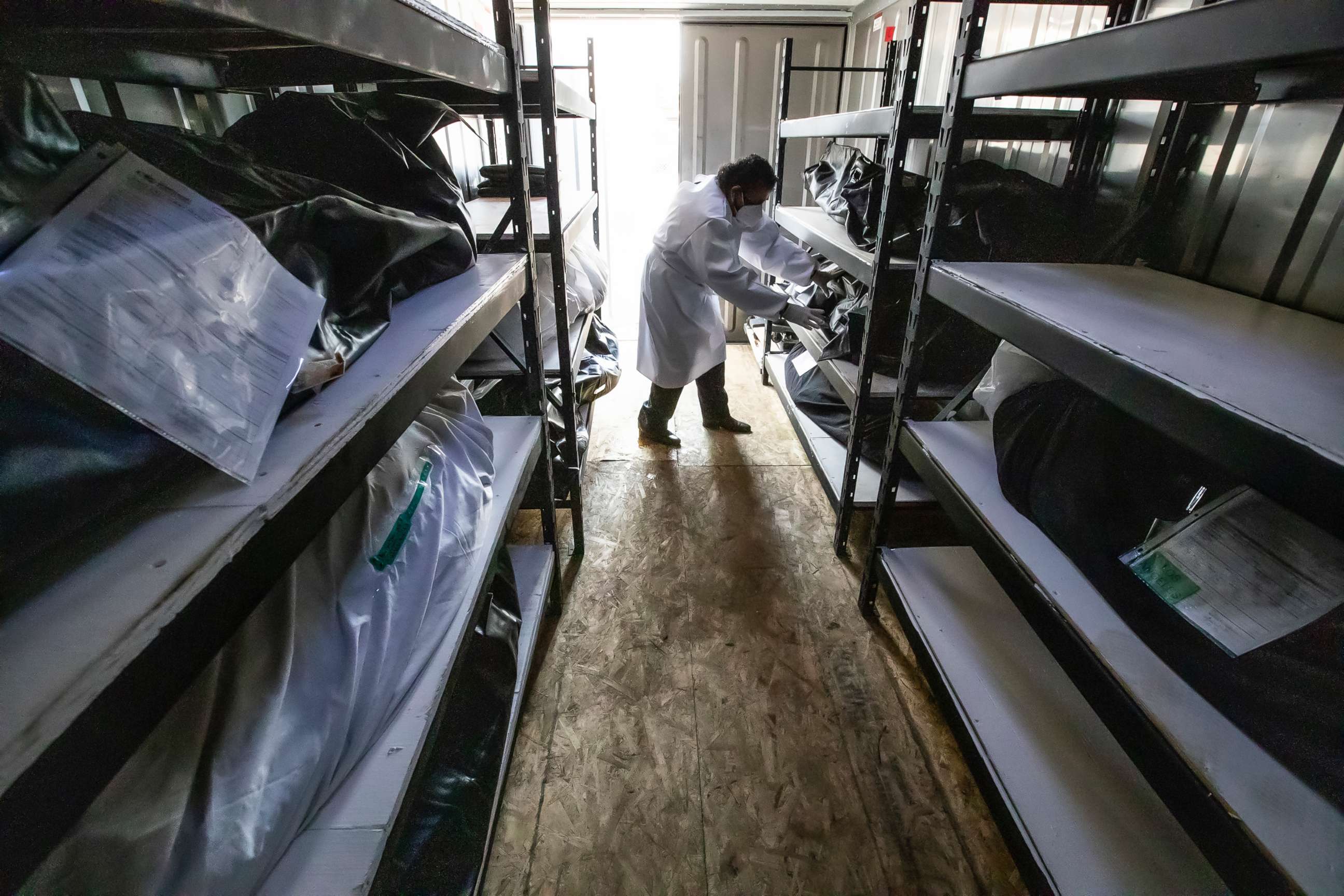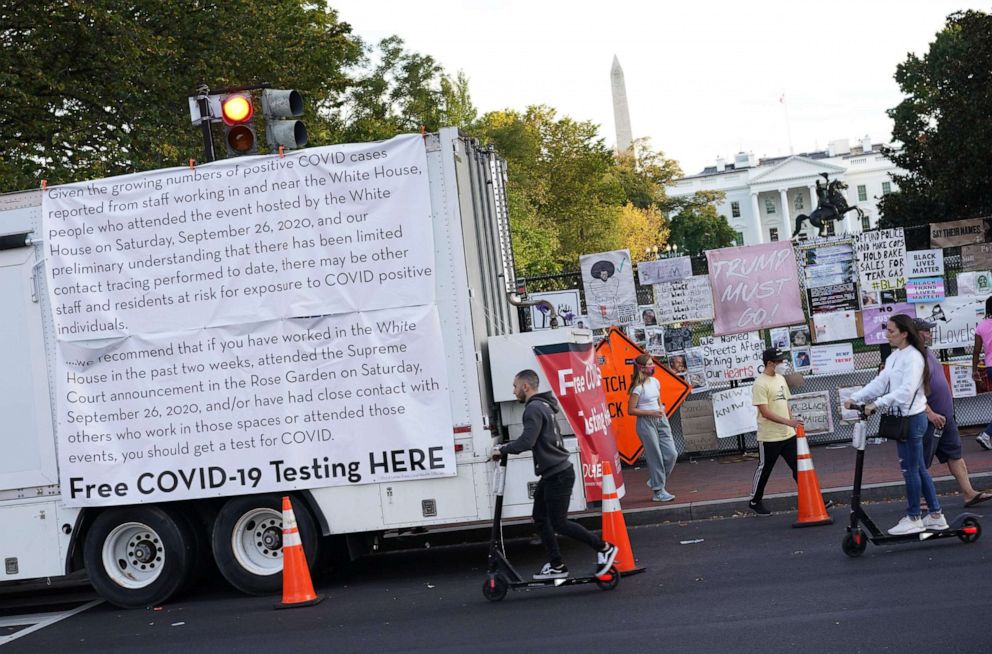Up to half of US COVID-19 deaths could have been prevented, research letter says
Up to half of COVID-19 deaths in the United States could have been prevented, according to a research letter published in JAMA Monday.
The research relies on modeling, meaning it is an estimation by scientists that's subject to change as we discover more about the virus and not an official count of preventable deaths.

The researchers sited weak public health infrastructure and the United States' "decentralized, inconsistent" response to the pandemic as key factors driving preventable deaths and noted that the U.S. population is on the younger side but includes a disproportionate number of citizens with comorbidities.





